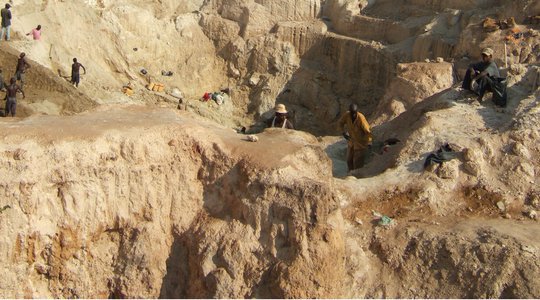-
 D.R. Congo
D.R. CongoMining for our Minerals
Meet the men and women who work in the Congolese mines to supply international companies’ insatiable demand for tin, tungsten, tantalum and gold.
-
 D.R. Congo, Central African RepublicBriefing
D.R. Congo, Central African RepublicBriefingConflict Minerals in Europe
Conflict minerals regulation is being discussed in Europe and MEPs will vote on it in Spring 2015. This is a landmark occasion.
-
 Zimbabwe, D.R. CongoBriefing
Zimbabwe, D.R. CongoBriefingWhat is Supply Chain Due Diligence?
Unless companies make sure they are trading responsibly, they risk funding serious abuses overseas.
-
D.R. CongoBriefing
The Dodd Frank Act
In 2010, US Congress passed a landmark law requiring companies to determine if their products contain one or more of four minerals sourced from Congo or its neighbours.
-
 D.R. CongoBriefing
D.R. CongoBriefingConflict Minerals in Eastern Congo
Resource-fuelled conflict has contributed to instability in Congo’s east for over two decades.
-
D.R. Congo
Blood Diamond Director Ed Zwick supports conflict minerals campaign
We have to let our leaders know we do understand the link between products we buy and the suffering of others, writes Hollywood director in The Guardian.
-
 Conflict MineralsReport
Conflict MineralsReportLessons UNlearned
How the UN and Member States must do more to end natural resource-fuelled conflicts.
-
 D.R. CongoCampaign
D.R. CongoCampaignDemocratic Republic of Congo
The Democratic Republic of Congo (DRC) is a vast country with an immense wealth of natural resources. But instead of driving development, these riches have attracted all kinds of predators – from armed groups to cowboy firms.










